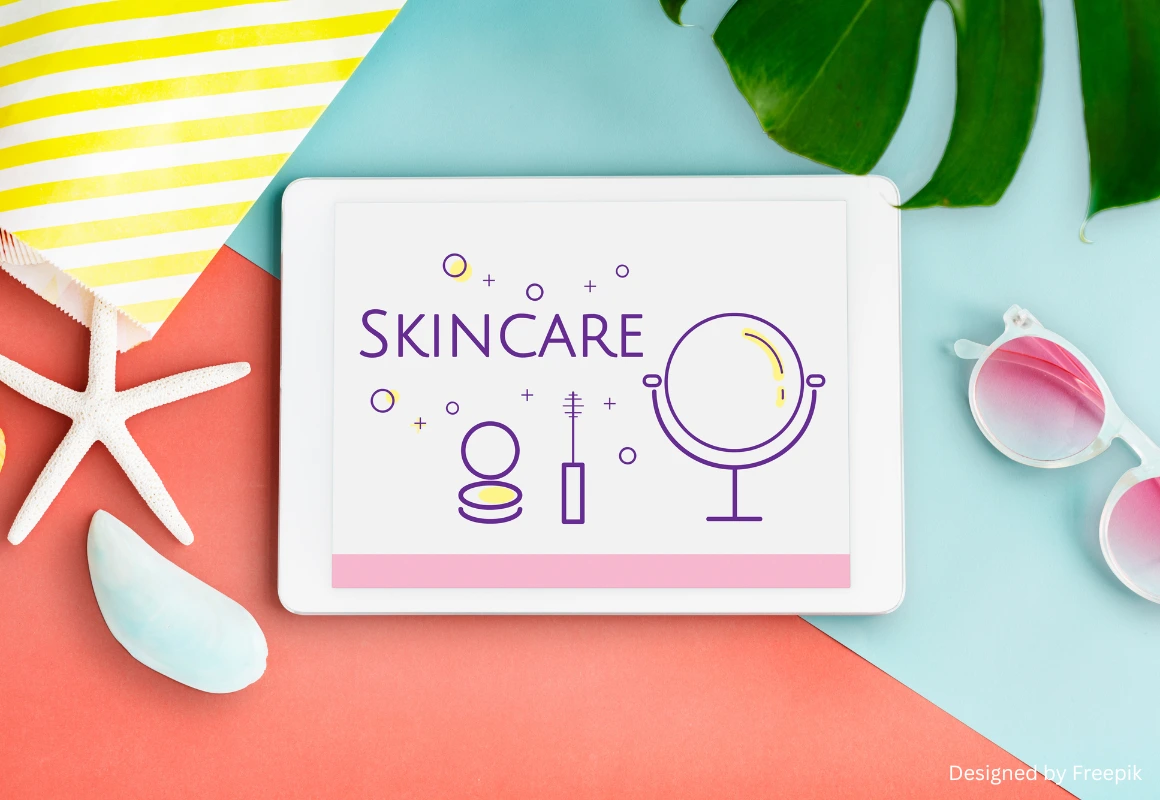Harnessing Natural Ingredients for Effective Anti-Aging Skin care

Harnessing Natural Ingredients for Effective Anti-Aging Skin care
The skin care industry has witnessed a growing interest in natural ingredients to combat aging, shifting the focus from synthetic compounds to nature-derived actives. This trend is driven by the desire for safer, more sustainable skin care solutions and the proven efficacy of natural antioxidants, phytonutrients, and bioactive compounds. This article will delve into the research on these ingredients, examining their effects on skin aging at the molecular level and highlighting key natural actives like polyphenols, peptides, and long-chain alcohols.
Background on Natural Actives in Anti-Aging Skin care
Skin aging is a complex process influenced by intrinsic factors (genetics and cellular processes) and extrinsic factors (sun exposure, pollution, and lifestyle). It manifests as wrinkles, pigmentation, and a loss of elasticity, primarily due to oxidative stress, inflammation, and cumulative damage to skin cells. Traditional anti-aging products relied on synthetic ingredients like retinoids and hydroquinone. However, the demand for gentler, natural alternatives has led to the exploration of plant-based compounds and other nature-derived substances.
Recent studies have shown that natural ingredients, such as polyphenols, fatty acids, and specific proteins, can interact with skin cells at a molecular level, promoting repair and regeneration. Phytonutrients, microbial metabolites, and bioactive peptides have emerged as potent tools to enhance skin health, offering multiple benefits like antioxidant protection, hydration, and anti-inflammatory effects.
Aim of This Review
This article aims to review the role of various natural ingredients in anti-aging formulations, focusing on their scientific validation and practical applications in skincare. We will explore how these actives work at the molecular level, their ability to modulate gene expression, and their effectiveness in combating signs of aging.
Methods of Studying Anti-Aging Natural Ingredients
The research in this article is based on an extensive review of scientific studies on natural ingredients used in skincare. The focus is on ingredients that have shown promising results in clinical and preclinical studies, with an emphasis on their molecular mechanisms. Key research methodologies include:
● In vitro studies on skin cells to understand cellular responses.
● Animal models to evaluate gene expression changes.
● Clinical trials to test the efficacy of topical and oral formulations.
● Molecular biology techniques to identify specific gene targets.
Results – Key Natural Ingredients for Anti-Aging
Antioxidants: Defending Against Free Radical Damage
Antioxidants neutralize free radicals, unstable molecules that cause cellular damage and accelerate aging. Free radicals are a major cause of skin aging, leading to wrinkles and pigmentation. Common natural antioxidants include:
● Green tea polyphenols (catechins): Proven to reduce oxidative stress and protect skin cells.
● Turmeric (curcumin): Inhibits pro-inflammatory enzymes and supports skin integrity.
● Grape seed extract (proanthocyanidins): Protects collagen and elastin, key structural proteins in the skin.
Anti-Inflammatory Agents: Calming and Healing
Chronic inflammation is a hidden factor in skin aging, causing micro-scars that manifest as wrinkles and uneven skin tone. Natural anti-inflammatory agents like resveratrol (from red wine) and **Indian gooseberry (gallotannins)** modulate inflammatory pathways and improve skin resilience.
Long-Chain Alcohols: Hydration and Barrier Function
Natural long-chain alcohols like **policosanol** (derived from sugarcane wax) have shown potential as hydrating agents. They effectively increase moisture retention, improve skin barrier function, and are an alternative to animal-derived ingredients like lanolin.
Peptides and Proteins: Stimulating Collagen Production
Peptides, short chains of amino acids, can signal skin cells to produce more collagen and elastin, which are crucial for maintaining skin structure. Examples include:
● Hydrolyzed milk proteins: Known to enhance skin tone and elasticity.
● Nut-derived peptides: Promote collagen synthesis and skin firmness.
Phytonutrients: Modulating Gene Expression
Phytonutrients like flavonoids influence gene expression related to aging. For instance, plant flavonoids can regulate genes involved in vascular health, potentially reducing the appearance of fine lines and improving overall skin tone.
Telomere Modulation: Slowing Cellular Aging
Telomeres, the protective caps at the ends of chromosomes, shorten with age, leading to cellular senescence (the loss of a cell's power to divide and grow). Natural ingredients like selenium have been shown to support telomere length and promote cellular longevity.
Conclusion – The Future of Natural Anti-Aging Skin care
The integration of natural ingredients in anti-aging formulations is not just a trend; it represents a shift towards more holistic, science-backed skincare solutions. Ingredients like polyphenols, peptides, and long-chain alcohols offer targeted benefits at the molecular level, making them effective in both topical and oral applications. As the demand for natural and sustainable skincare continues to grow, the industry is likely to see more innovations in delivery systems and formulation techniques, ensuring these potent actives reach their full potential.
In conclusion, natural ingredients are proving to be powerful allies in the fight against aging, offering safer and more sustainable alternatives to synthetic compounds. As research continues to validate their benefits, we can expect these ingredients to play an increasingly central role in skincare.
● Prakash, L., & Majeed, M. Natural Ingredients for Anti-Ageing Skincare. Household and Personal Care Today, Issue 2, pp. 44-46.
● Freedonia Group. (Cosmeceuticals Market Report. Retrieved from: [allbusiness.com](http://www.allbusiness.com/marketing/market-research/3948712-1.html).
● Dumas, M., et al. "Hydrating Skin by Stimulating Biosynthesis of Aquaporins." Journal of Drugs in Dermatology, 6(Suppl), s 20–4.
● Lee, C. H., et al. "Anti-atherogenic Effect of Citrus Flavonoids." Biochemical and Biophysical Research Communications, 284(3), pp. 681-688.
● Liu, Q., et al. "Effects of Sodium Selenite on Telomerase Activity and Telomere Length." Sheng Wu Hua Xue Yu Sheng Wu Wu Li Xue Bao (Shanghai), 35(12), pp. 1117-1122.
● Shishodia, S., et al. "Curcumin: Getting Back to the Roots." Annals of the New York Academy of Sciences, 1056, pp. 206-217.
● Kumar, A., et al. "Nuclear Factor-kappaB: Its Role in Health and Disease." Journal of Molecular Medicine, 82, pp. 434-448.
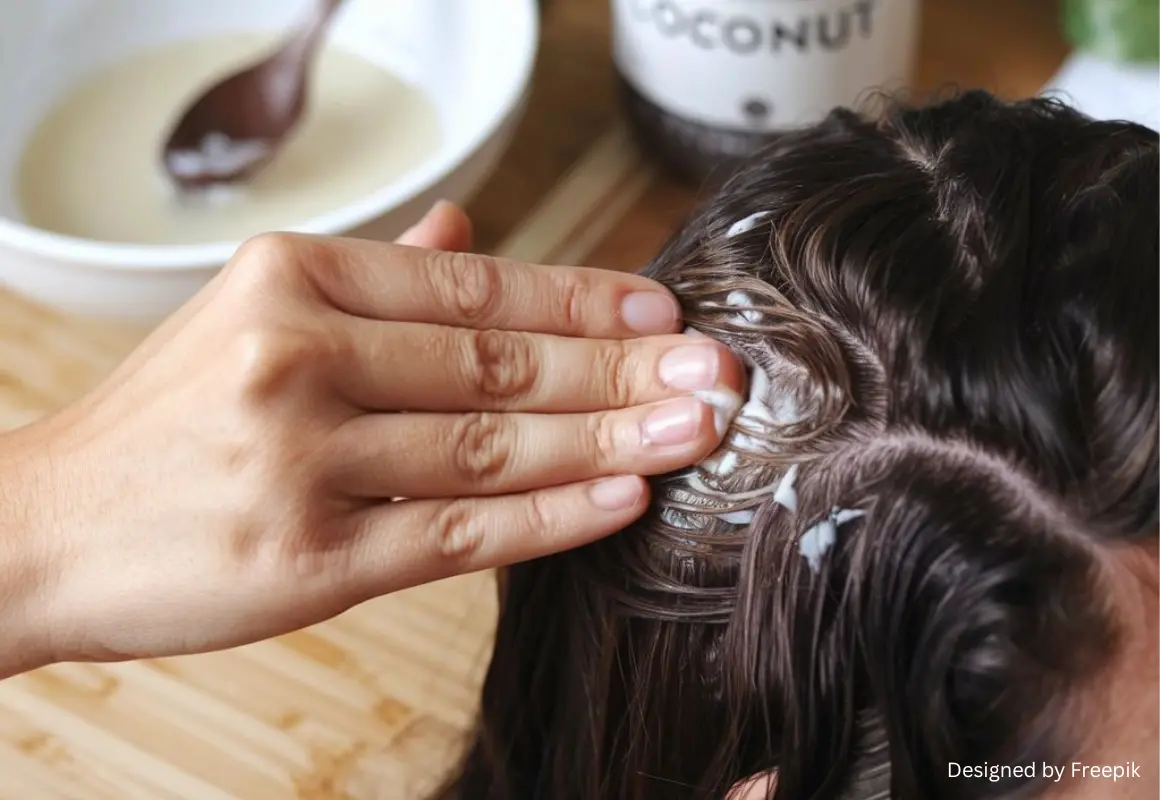
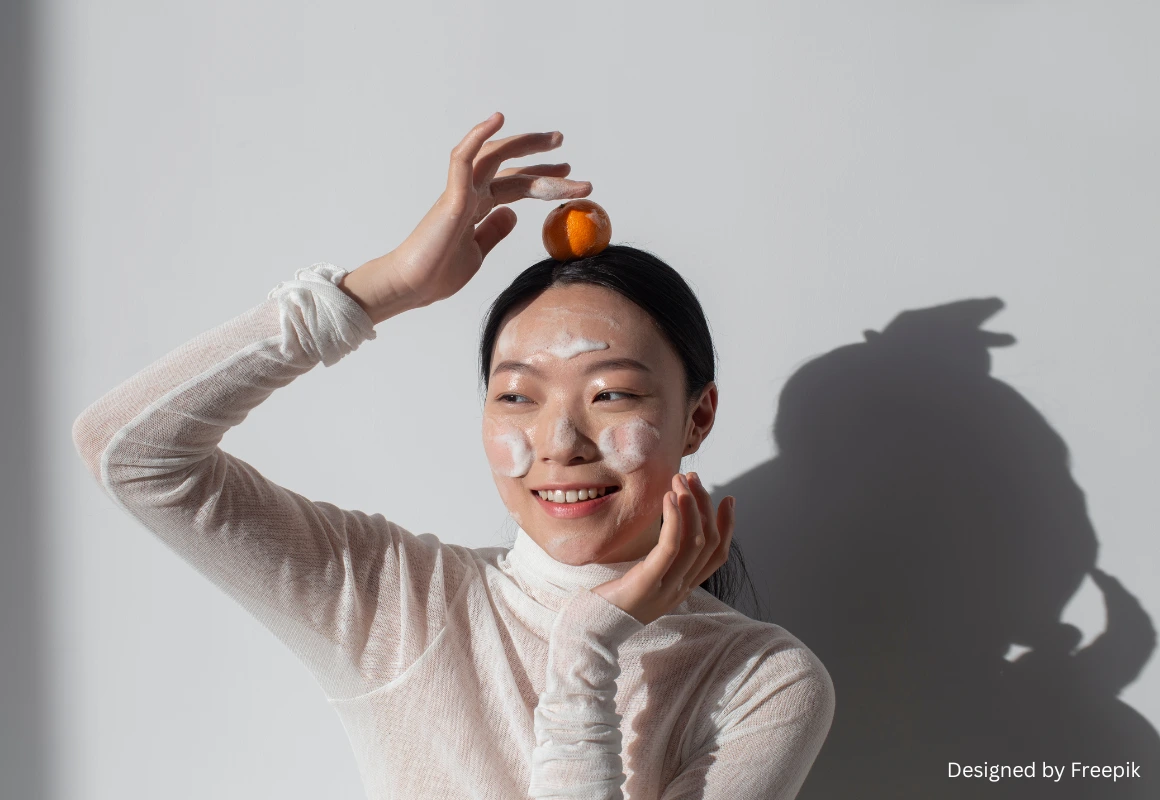
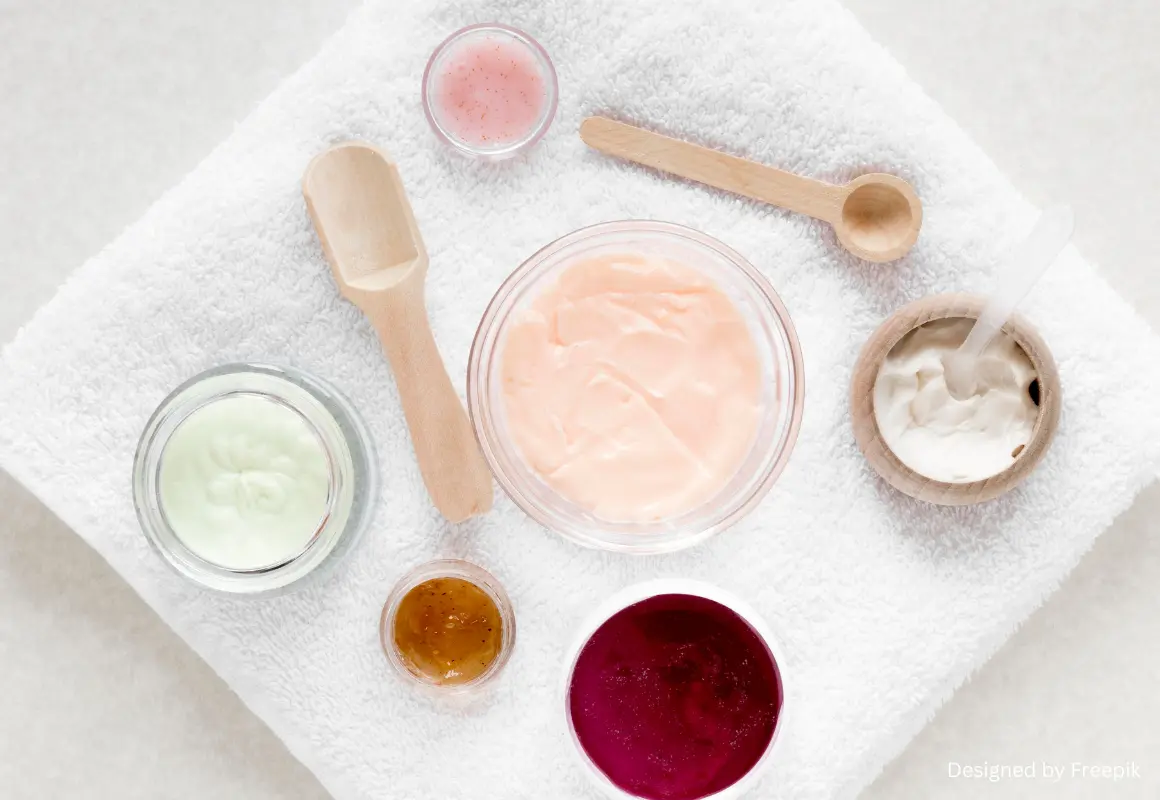



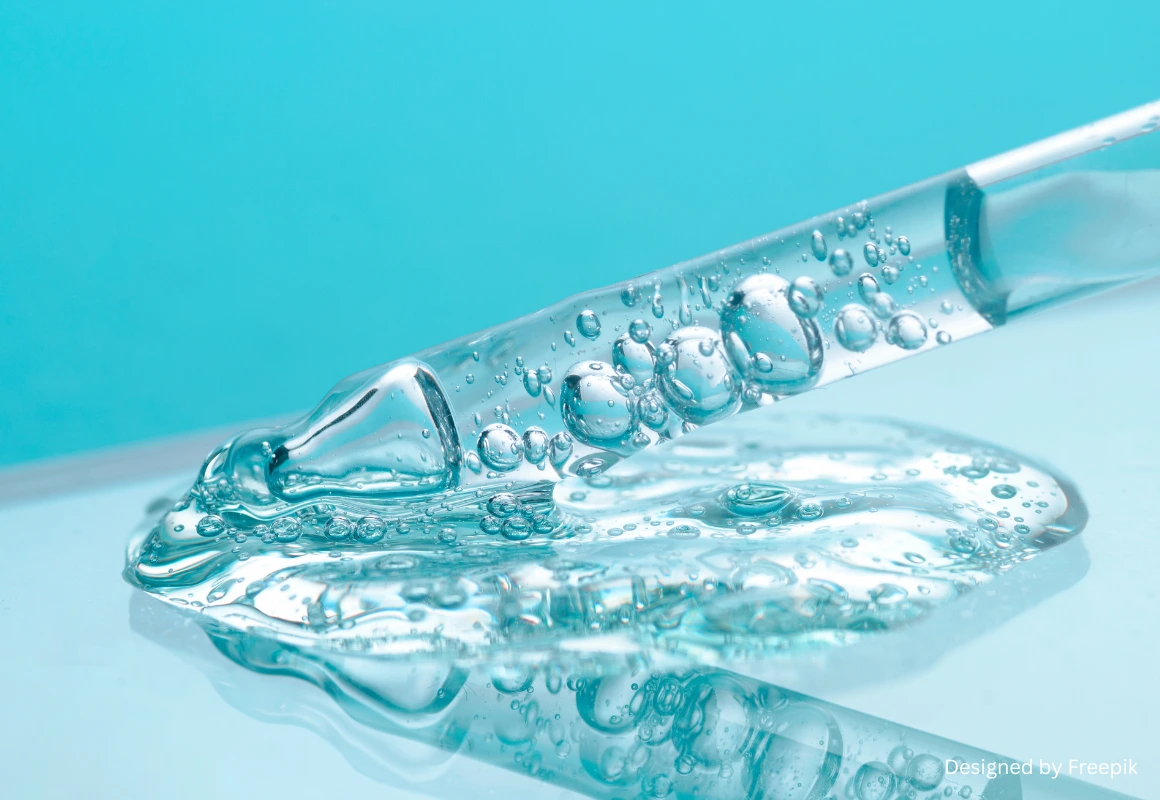
.webp)

